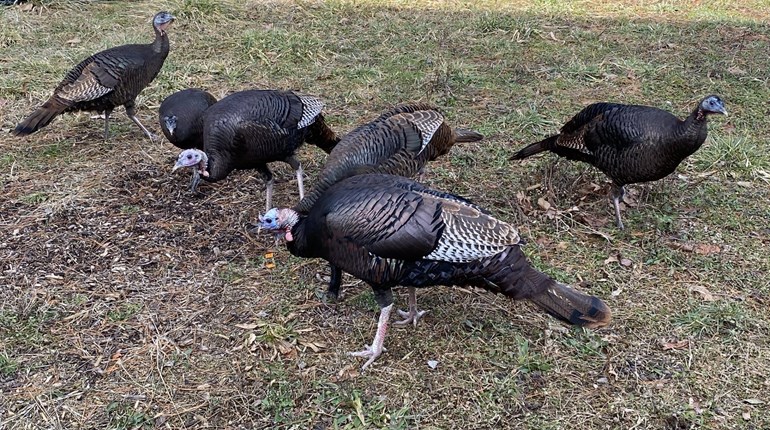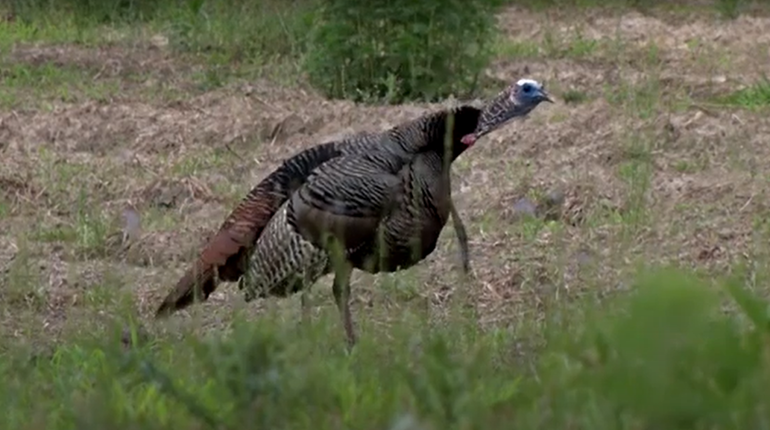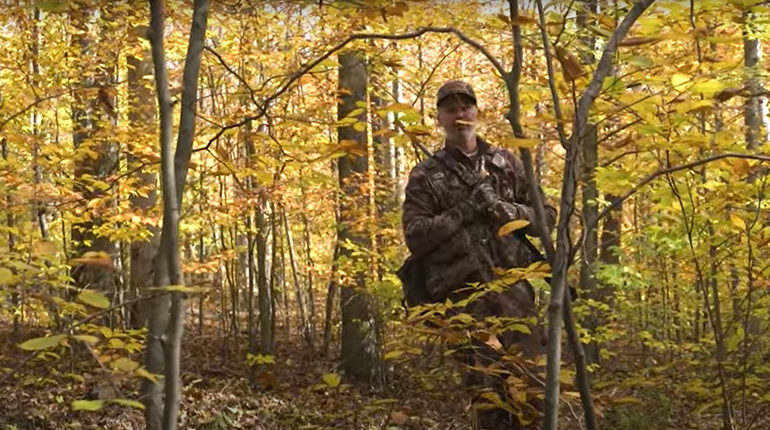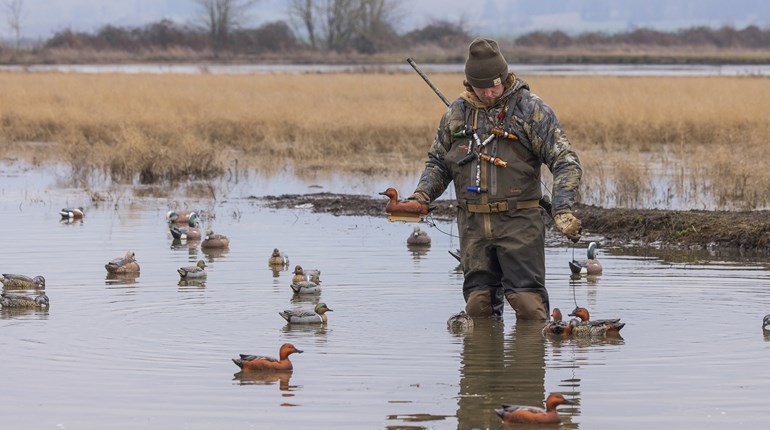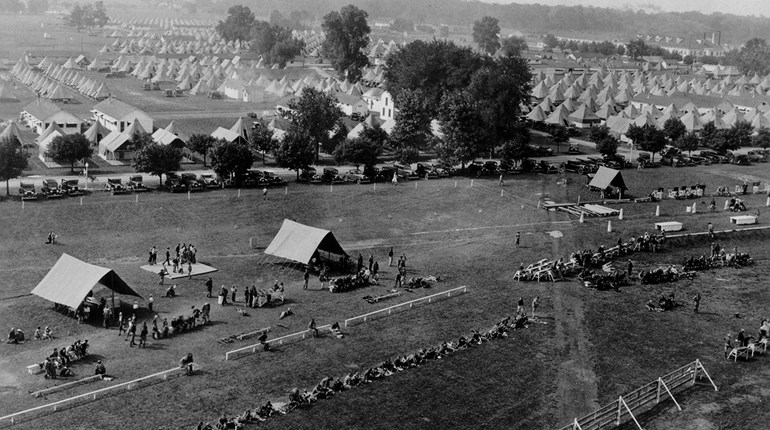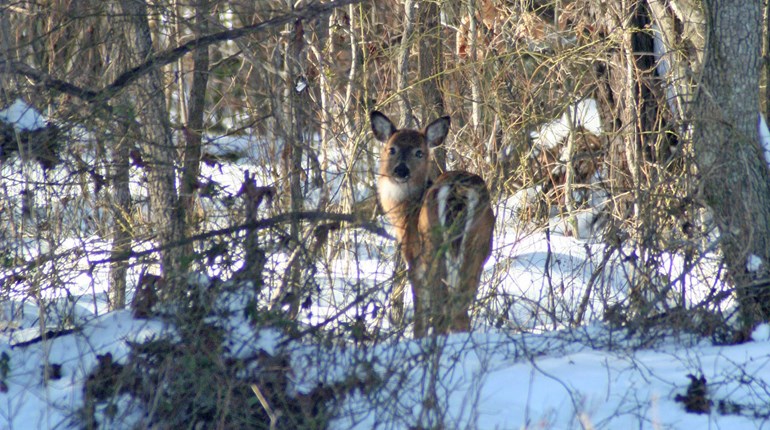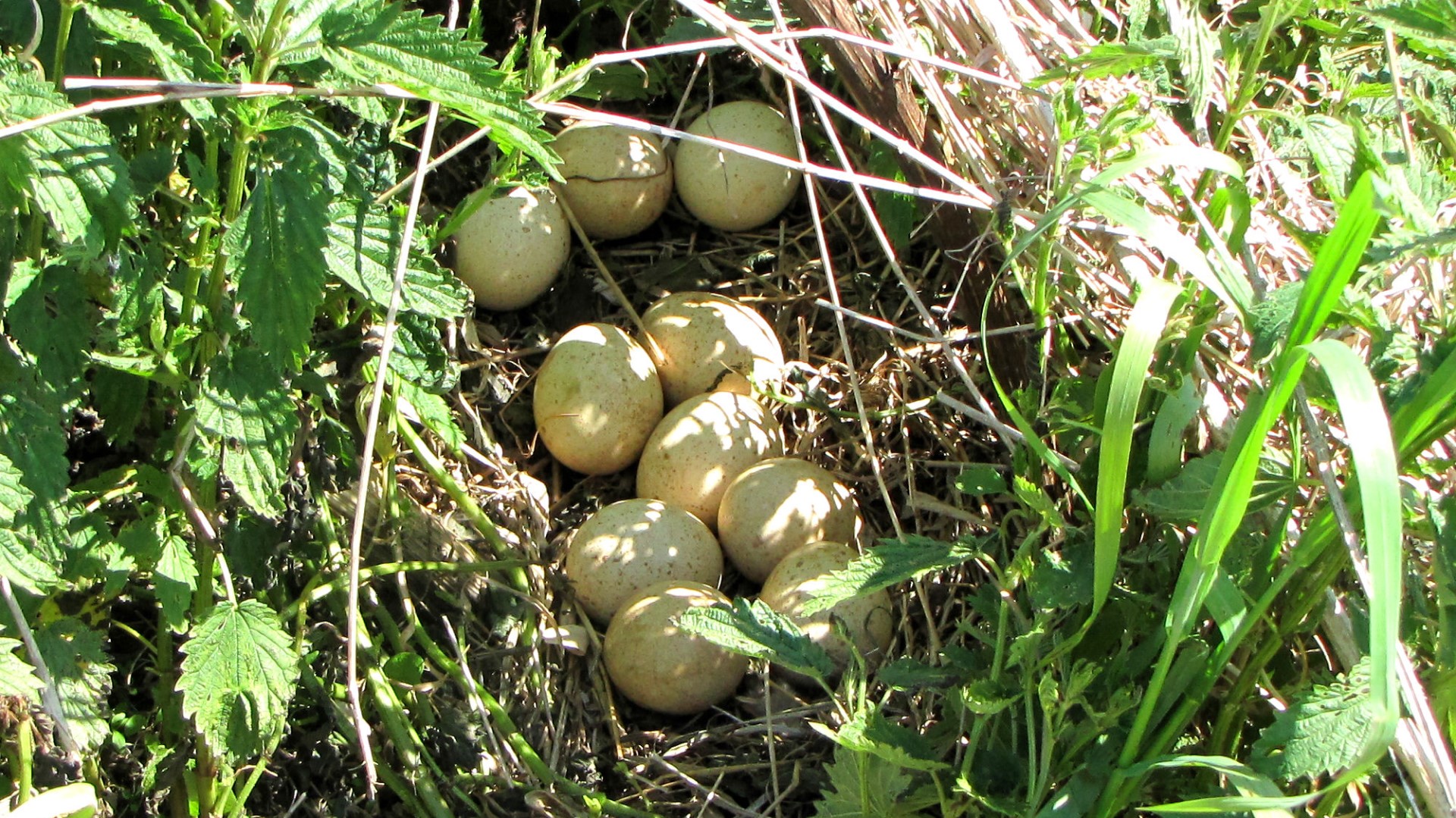
The American wild turkey, which stood as one of the greatest conservation comebacks in history until recently, has been experiencing a population decline. There are many factors that are contributing to this, including predation by other animals and habitat loss. However, there's another factor that has just emerged: eggs failing to hatch. (Those of us old enough to remember the decline of the bald eagle in the 1970s can be forgiven for shuddering at this news.) Now, the National Wild Turkey Federation (NWTF) is helping fund a University of Tennessee wildlife project to help figure out why this may be happening.
Richard Gerhold, Ph.D., is an associate professor focusing on parasitology and wildlife diseases at the University of Tennessee’s Department of Biomedical and Diagnostic Sciences. As the principal investigator of the NWTF co-funded project, Dr. Gerhold and his colleagues at UT have been working together with the Tennessee Wildlife Resource Agency. One of the early sources of both excitement and confusion is the fact that field research is showing that many of these unhatched eggs were, indeed, fertilized.
“One of our master students was finding unhatched eggs, and while we were examining them, you would see a yolk and a fertilization disc, and the assumption was that this egg just wasn’t fertilized,” Gerhold said. “However, Laura Horton, who is a Ph.D. student in the Gerhold lab, came across this paper recently published out of the London Zoo. And what they found – that I just found so interesting – was that somewhere in the 70% range of eggs that were initially considered unfertilized were actually fertilized, and for some reason, there was early embryonic death. And I was like, ‘OK, we definitely need to do this work with wild turkey eggs.’”
Gerhold speculated that some eggs failed to hatch due to hens being killed or otherwise bumped off their nests, but that wouldn't explain all of the decline. “If a hen was predated, then we know why the eggs didn’t hatch,” Gerhold said. “However, what about the eggs where the hen did everything right and only a few, or even none, hatched? This is a mystery worth solving.” There's no smoking gun, said Gerhold, but he and his team are specifically examining the effect diseases and parasites may have on the birds on a population level.
The project is set to take place from wild-turkey nesting seasons from 2024 to 2026. And while the work is happening in Tennessee, the research findings may have applications beyond state lines. In fact, many state wildlife agencies are participating in Gerhold’s project.
Unhatched eggs will be analyzed for what may be causing early embryonic death. For instance, they will be tested for aflatoxins and neonicotinoids as well as other potent infectious and noninfectious diseases. The data will also be analyzed and compared as a function of state-specific data, such as spring season start dates, bag limits, season length and other factors, to see if there is any influence of causing a failed hatch.
This project is one of 10 new research projects across nine states the NWTF is funding, with $582,374 invested among these vital projects. These projects are part of a nearly $9 million investment into wild turkey research in 2023, supported by the NWTF, its state chapters and its partners. For more information, visit NWTF.org!














